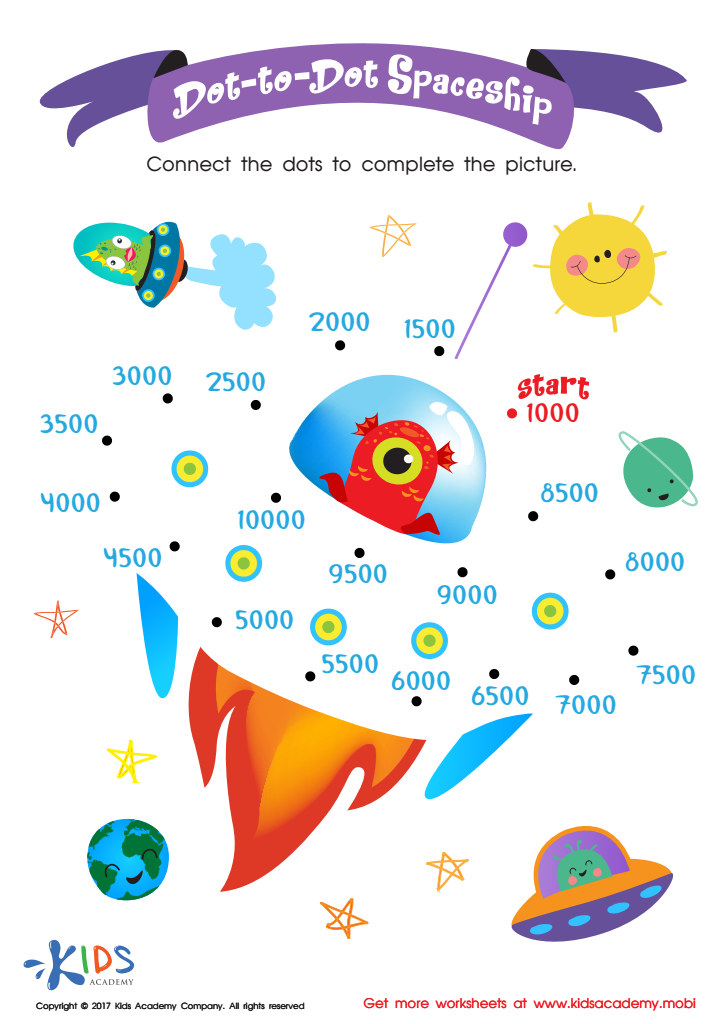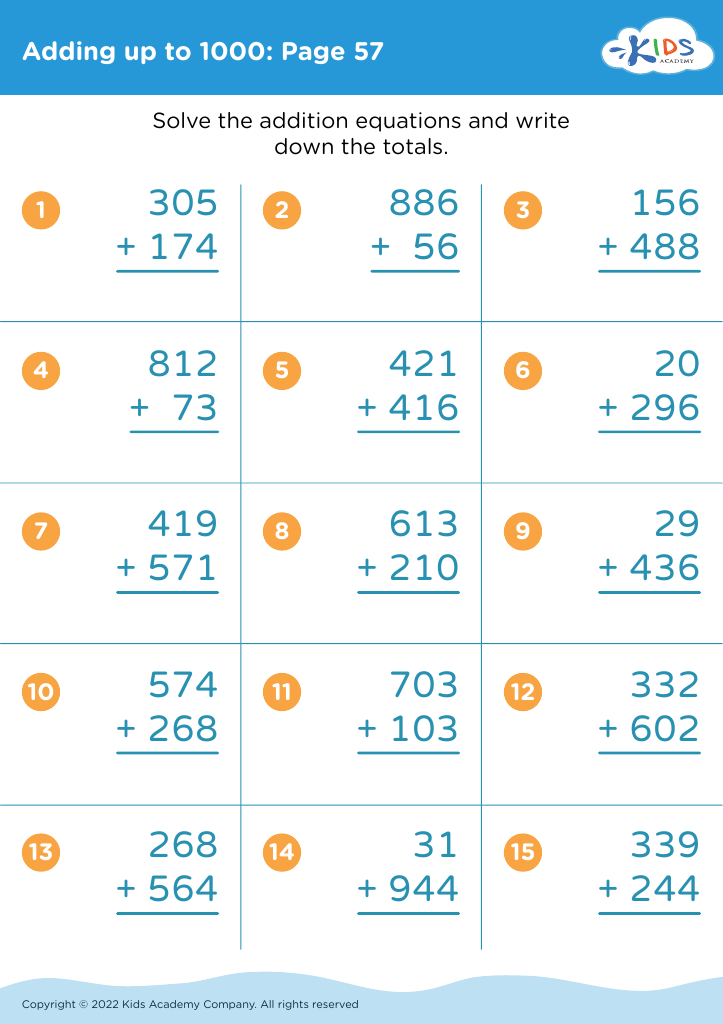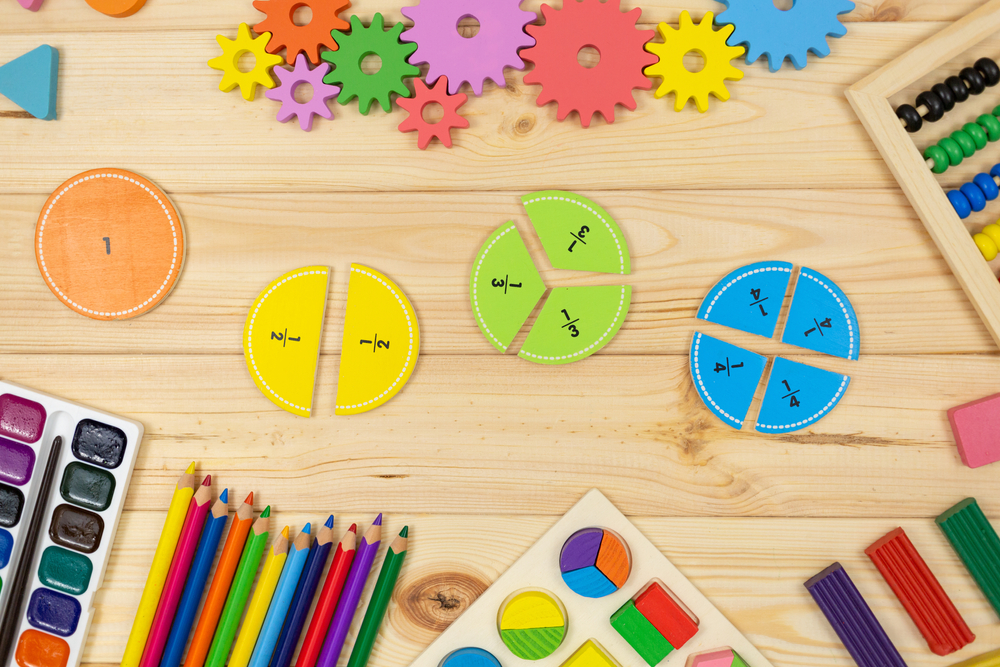Motor skills development Math Worksheets for 9-Year-Olds
3 filtered results
-
From - To
Enhance your 9-year-old's motor skills while strengthening their math understanding with our engaging Motor Skills Development Math Worksheets! Designed specifically for children, these worksheets provide a fun and interactive way to combine essential math concepts with fine motor activities. Children will practice number recognition, counting, and basic arithmetic while improving hand-eye coordination and dexterity. Our worksheets are perfect for classroom use or at-home learning, ensuring your child builds confidence and skill in both math and motor functions. Explore our collection today to give your child a head start in their educational journey while making learning enjoyable!


Dot to Dot Worksheet for 3rd Grade
Motor skills development is crucial for 9-year-olds, intertwining with their ability to grasp mathematical concepts effectively. As children refine both fine and gross motor skills through activities like writing, drawing, and manipulating objects, they enhance their hand-eye coordination and spatial awareness—skills that are foundational for understanding mathematics.
At this age, children engage more deeply in math-related tasks, from writing numbers and solving equations to handling measuring tools or geometric shapes. A solid foundation in motor skills boosts their confidence and enjoyment in math, fostering a positive attitude toward numerical challenges. When kids can easily manipulate objects or write neatly, they can focus on problem-solving rather than struggling with the physical aspects.
Additionally, motor skills often enhance cognitive processing. Children learn better when they engage in hands-on activities, such as using blocks or counting games, which stimulate both physical and mental growth. For parents and teachers, supporting motor skills development through interactive math learning is vital, as it not only aids in mathematical proficiency but also nurtures overall cognitive and emotional resilience.
Ultimately, attending to motor skills enriches the learning environment and equips children with essential tools for academic success and future learning experiences.



 Assign to My Students
Assign to My Students


















